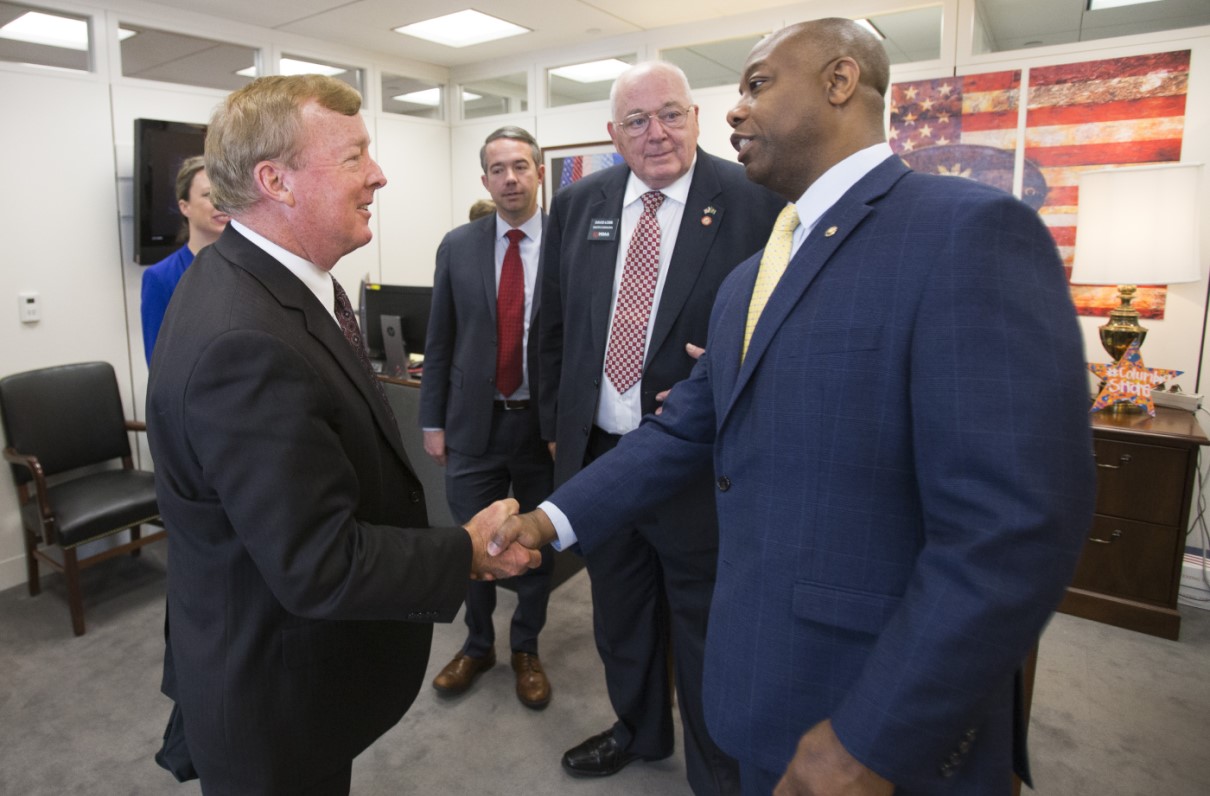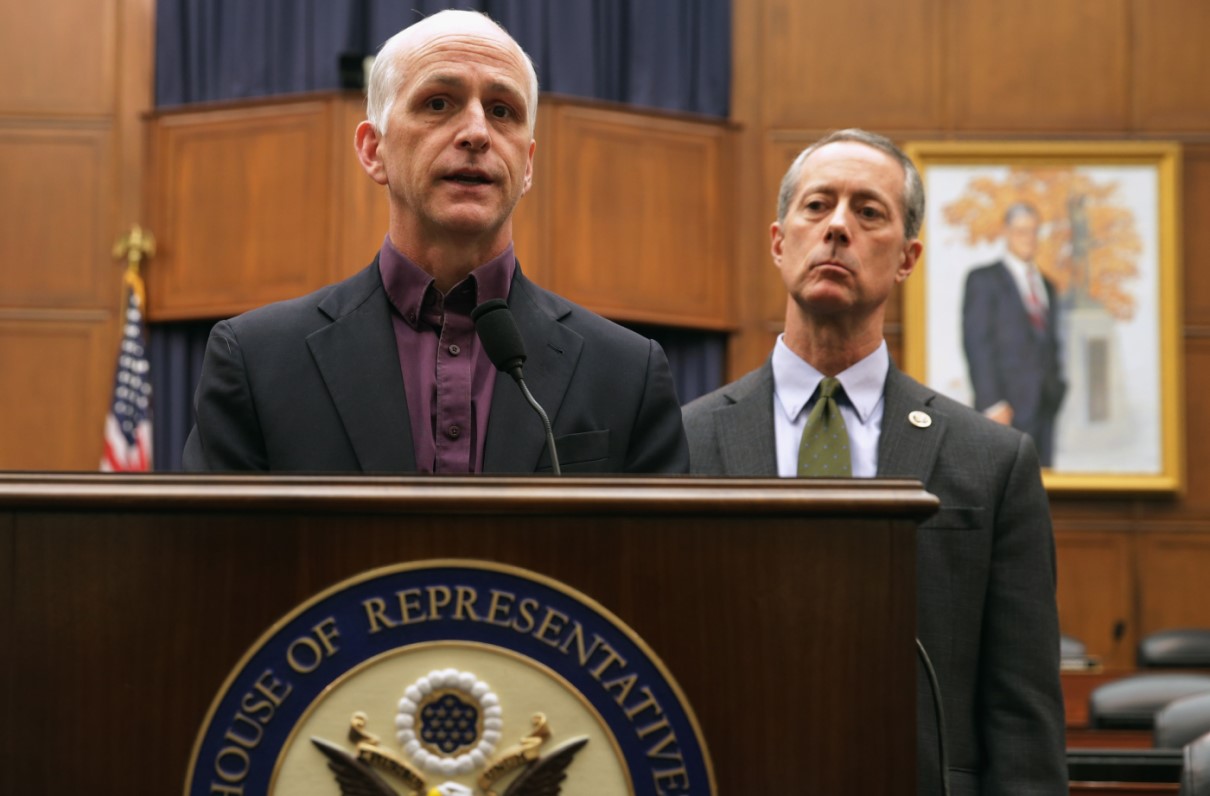This article discusses a key part of MOAA's Storming the Hill 2019. For more, visit our Storming the Hill page.
MOAA's largest and most visible grassroots advocacy event, Storming the Hill, will take place Wednesday, April 10.
While MOAA staffers advocate on key personnel and benefits issues throughout the year, the Washington, D.C., event is MOAA's most visible advocacy effort. Storming occurs in conjunction with MOAA's spring board of directors meeting and its annual Council Presidents' Seminar, bringing MOAA leaders from each state to the nation's capital.
This Year's Issues
MOAA's board of directors selected three issues from a list of MOAA's current advocacy goals and objectives as the focus of this year's event:
- Supporting a full military pay of 3.1 percent,
- Eliminating the “widows tax,” and
- Stabilizing TRICARE fees and copayments.
[RELATED: 3 Ways You Can Storm From Home]
Here's what you need to know about these three objectives:
Maintaining military pay and benefits necessary to recruit and retain an all-volunteer force (AVF). MOAA supports maintaining the military pay and benefits that are essential to recruiting and retaining the high-quality AVF necessary to meet the nation's security and warfighting requirements now and in the future. The administration's proposed 3.1 percent pay raise for FY 2020 is in accordance with current law.
Eliminate the widows tax. Nearly 66,000 surviving spouses lose a portion of their DoD survivor's annuity to offset the VA's Dependency and Indemnity Compensation (DIC). These are two different pays for two different reasons, from two different departments. Nowhere else in our government do we penalize those with an annuity to help fund another department's requirements Military survivors lose approximately $12,000 per year due to this financial penalty. Congress recognizes this is wrong, and we need everyone's help to pass this legislation. H.R. 553 and S. 622 - sponsored by Rep. Joe Wilson (R-S.C.) and Sen. Doug Jones (D-Ala.) - would end the offset. Act now to send your elected officials a MOAA-suggested message to end the widows tax.
Stabilize TRICARE fees and copayments. Military members and retirees pay more for their health care than most people think. The narrative that these beneficiaries pay little-to-nothing for their care has prompted several in DoD and Congress to believe they can afford to pay more to support other programs not directly related to health care. Prescription fees are rising higher and faster than COLA increases to retirement pay.
Trends note a downturn in overall satisfaction with TRICARE programs. This is the health care system earned by years of service and sacrifice, and it is not living up to its intended purpose in a satisfactory way. Copayments for specialty care, such as mental health, have increased to the point where some beneficiaries have said they forgo recommended sessions to save money.
How You Can Help
Act now to send your elected officials a MOAA-suggested message letting them know MOAA members will be Storming the Hill on April 10.
For the all-day event, MOAA's government relations staff has compiled a list of 60-plus teams who will visit their state delegations on Capitol Hill. Even if you're at home, you can still participate.
Follow us on Facebook to stay updated on the day's events. Follow us on Twitter and send your tweets to @MilitaryOfficer, and check in with us on Instagram. Use the hashtag #MOAAStorms to share your thoughts and stories on all social media channels.




